Garrett’s Graduate Story
Starting my academic journey at a small liberal arts college, I developed a strong appreciation for personalized education and close-knit community learning. However, transitioning to the University of Michigan, a vast Big 10 institution, for my graduate studies was an entirely different challenge that brought an acute sense of imposter syndrome. My lack of research experience and foundational knowledge in physiology left me feeling unprepared and overwhelmed.
I remember my first week of my PhD program and the exhaustion brought on from learning about all the class topics that would be covered that year. Alongside my course work, I would also have my lab rotations where I had to learn lab techniques and garner experience, I was sorely lacking. I would need to quickly discover what I wanted to do research in and what lab to join. Yet, through the exhaustion, I felt an unexpected thrill that I was blessed to have made it this far and grateful to be at a top ranked PhD program in the country.
Despite my initial love for the insanity of graduate school and the novelty of learning new lab techniques, feelings of being "behind" quickly manifested. It seemed my peers effortlessly navigated this giant university, already familiar with poster presentations and scientific writing and familiarity with their rotational lab techniques, exuding confidence I envied. Conversations revealed their Big10 undergraduate experiences had prepared them well for this transition and course work.
Whether it’s imposter syndrome or societal pressures suggesting one type of education is superior to another, I’ve learned that biology doesn’t change from Ann Arbor to Pembroke, NC. Education is universal. Though you may not have the same class/research opportunities at your school, that does not make you less of a scientist or diminish your ability to learn. This belief led me to partner with Jen and help create the Bridge Mentoring Initiative (BMI). BMI focuses on community building and support, extending beyond merely recruiting for graduate school and fostering mentorship skills and community growth. Our mission is to cultivate an inclusive and supportive academic environment, focusing on community building and mutual support.
